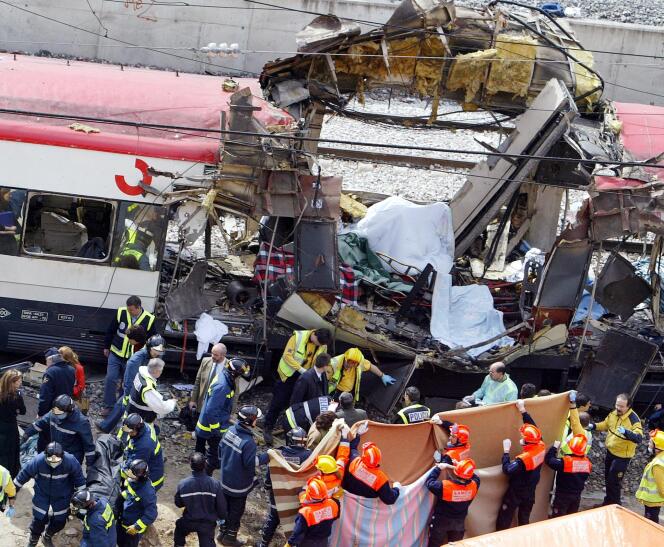LETTER FROM MADRID

Twenty years have passed since the March 11, 2004 Madrid bombings, when 10 simultaneous explosions on four commuter trains – including two at Atocha station – killed 192 people and injured more than 1,800 others. Despite the passage of time, this first Al-Qaeda attack in Europe has remained a source of open wounds for Spain.
To get an idea of this, it's enough to count the number of essays and audiovisual productions released this March, each aiming – in its own way – to finally establish a consensual truth in Spain's collective memory. For this, they based their conclusions on facts that were proven, judged and corroborated in 2007 by the Audiencia Nacional, the high court in charge of terrorism cases, before being confirmed by Spain's supreme court.
In a detailed essay, 11-M, Pudo Evitarse ("May 11 could have been avoided"), Fernando Reinares, one of Spain's leading experts on terrorism and radicalization, looks back at the mistakes made by the police and secret services that made the deadliest attacks ever committed on Spanish soil possible. On the La Sexta private television channel, a fascinating two-part documentary by Jordi Evole, Los cuatro días que nos cambiaron ("The four days that changed us"), focuses on the pressure exerted on the media at the time by Spanish then-Prime Minister José Maria Aznar's government, in order to maintain the idea that the attacks were the work of Basque separatist ETA terrorists. Additionally, there is also a book of testimonies of people who fell victim to conspiracy theories, a biography of the 192 victims of the attack, and a podcast on the "wound" that is still "open," produced by the El Confidencial news website.
Red herring
Since March 12, 2004, the country's collective trauma has been compounded by political manipulation and the proliferation of conspiracy theories, encouraged by the right-wing media and some of conservative members of the People's Party (PP, right), which was in power at the time.
Three days after the attacks, on March 14, the Spanish people were called upon to vote. As far as Aznar's government was concerned, if the Basque separatist terrorist group ETA was responsible for the attacks, the PP – which was already favored in the polls and reputed to be tougher on the separatists – would win. On the other hand, if the Islamist connection was confirmed, the situation would become more complicated for the prime minister, who had supported the US-led invasion of Iraq in 2003, against a part of the public opinion.
You have 65.58% of this article left to read. The rest is for subscribers only.